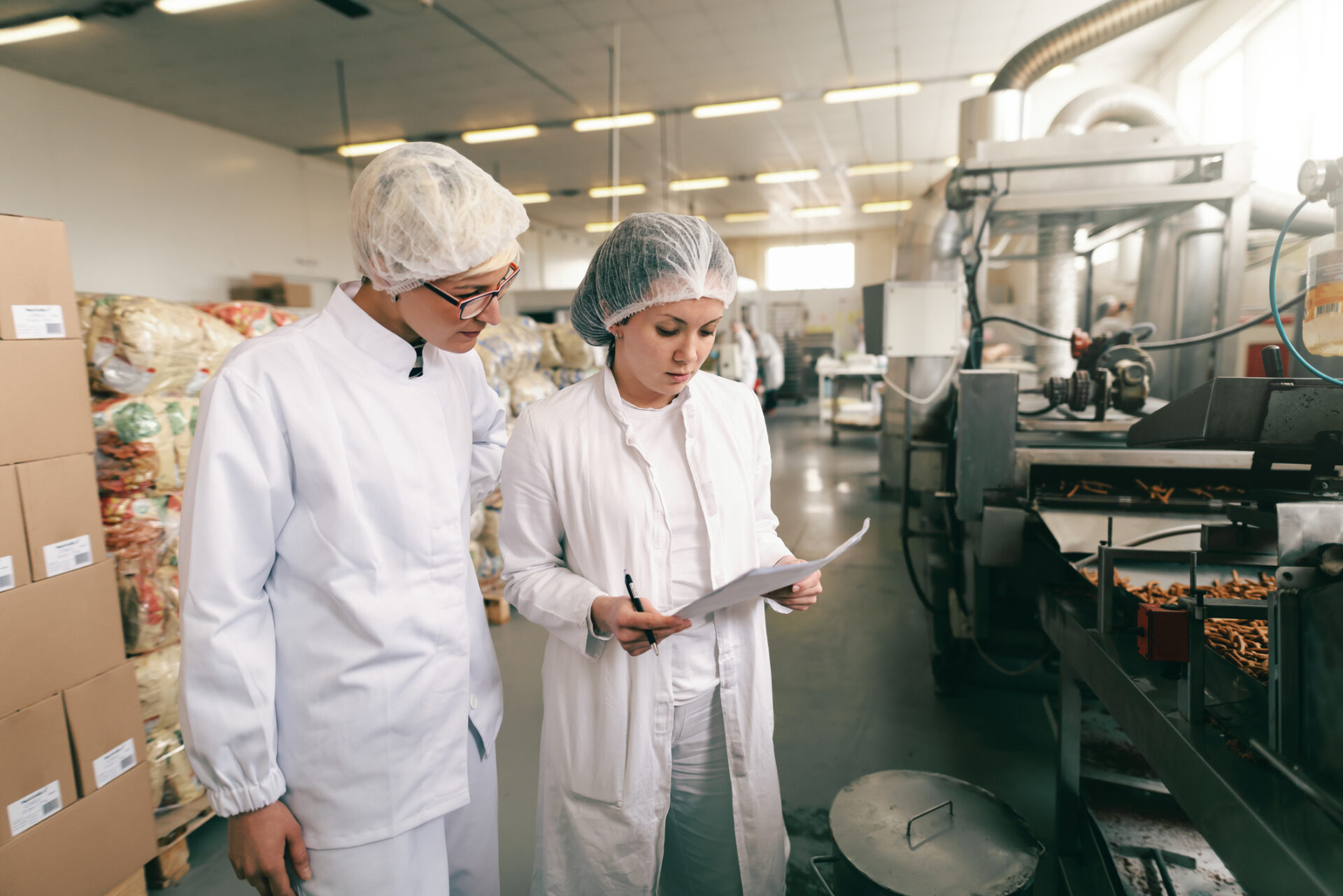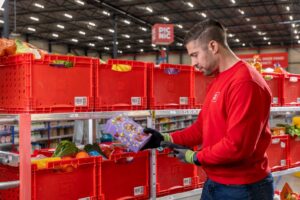Sustainability intelligence tracker HowGood said this week it will expand its partnership with enterprise sustainability platform Watershed to provide a “comprehensive sustainability reporting platform” to “any company with a significant food and beverage footprint.”
“We’re seeing more companies approach us with a mandate to get more accurate with Scope 3 reporting,” Michael Streitberger, head of partnerships at HowGood, tells AgFunderNews. “We saw an opportunity to jointly [work] on some of these things.”
HowGood is best known for its platform that analyzes food products for sustainability, pulling from more than 600 sources of data to provide intelligence on more than 33,000 ingredients.
Watershed is one of the top tools for corporate-level sustainability measurement and management, with everyone from Spotify to General Mills leveraging the service.
The idea behind the partnership is to combine HowGood’s Scope 3 data on agricultural emissions with Watershed’s reporting platform, thereby making it easier to track, report, and respond to sustainability data.
‘A really seamless experience’ for sustainability management
On the technical side, HowGood is working with Watershed’s product and technical teams to build “a really seamless experience where it truly feels like one solution, one interface,” says Streitberger.
In turn, companies don’t have to work in multiple interfaces to determine, say, upstream supply chain emissions, for example.
“Instead of some companies going the Watershed route and some going the HowGood route, they’re coming to one solution and doing it all together,” he notes. “Obviously, that’s a clear advantage and something that companies covet.”
The combined offering will include agricultural emissions data (ingredients, commodities, etc.) as well as verified Scope 1, 2, and 3 emissions data, and reduction strategies.
Joint customers already include fast-casual restaurant chain Sweetgreen and ingredient provider Ingredion.
‘A more creative approach to sustainable food systems’
Scope 3 emissions remain one of the top challenges for corporates across all industries, due to the complex network of connections along any given company’s supply chain. Put another way, it’s simply hard to track emissions not directly within the company’s control.
Some regions have increased regulatory mandates around Scope 3 reporting. Notably, that includes the European Union’s Corporate Sustainability Reporting Directive (CSRD), the Climate Corporate Data Accountability Act (SB 253) in California, and the New York State Senate Bill 3456, which requires disclosure of Scopes 1, 2, and 3 emissions.
At the same time, the US Environmental Protection Agency (EPA) has rolled back numerous climate-related rules amidst the White House’s push for environmental deregulation. Some high-profile agrifood corporates—Unilever being the most notable example—have backed out of climate commitments.
For his part, Streitberger remains undaunted by such setbacks.
“Of course it is a concern. But what I’ve seen trend-wise is maybe a more creative approach to how [companies] think about sustainable food systems.”
For example, he suggests, companies may feel freer to explore other areas of sustainable innovation (e.g., products, procurement) if they’re not having to focus so rigorously on meeting certain requirements.
“It maybe was a release at the pressure valve in a certain sense. We don’t want to see all regulations go away. But it does feel as if sustainability teams have the opportunity to take a look at what they’re doing in different ways, and we’ve been there to pivot accordingly.”





